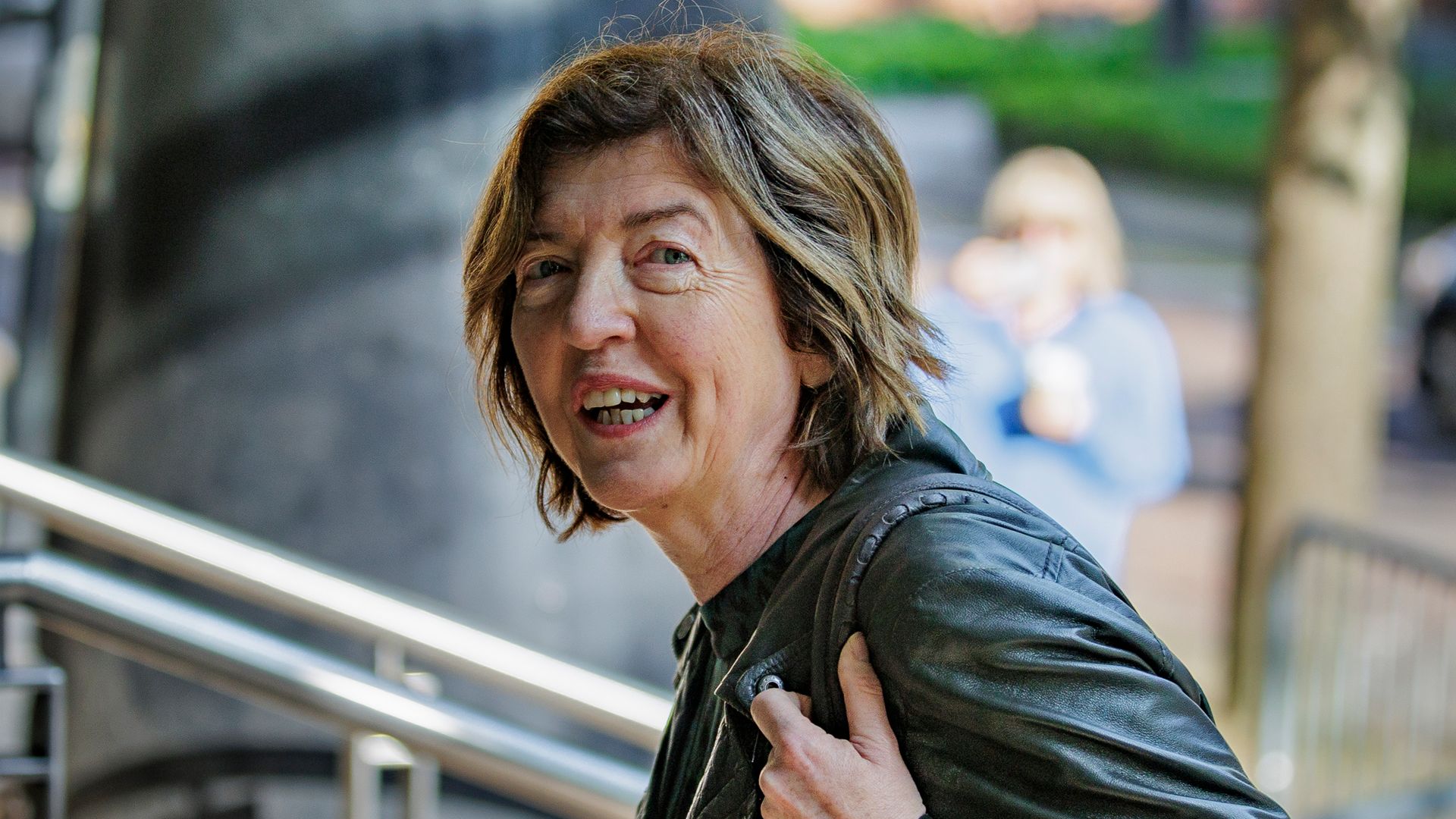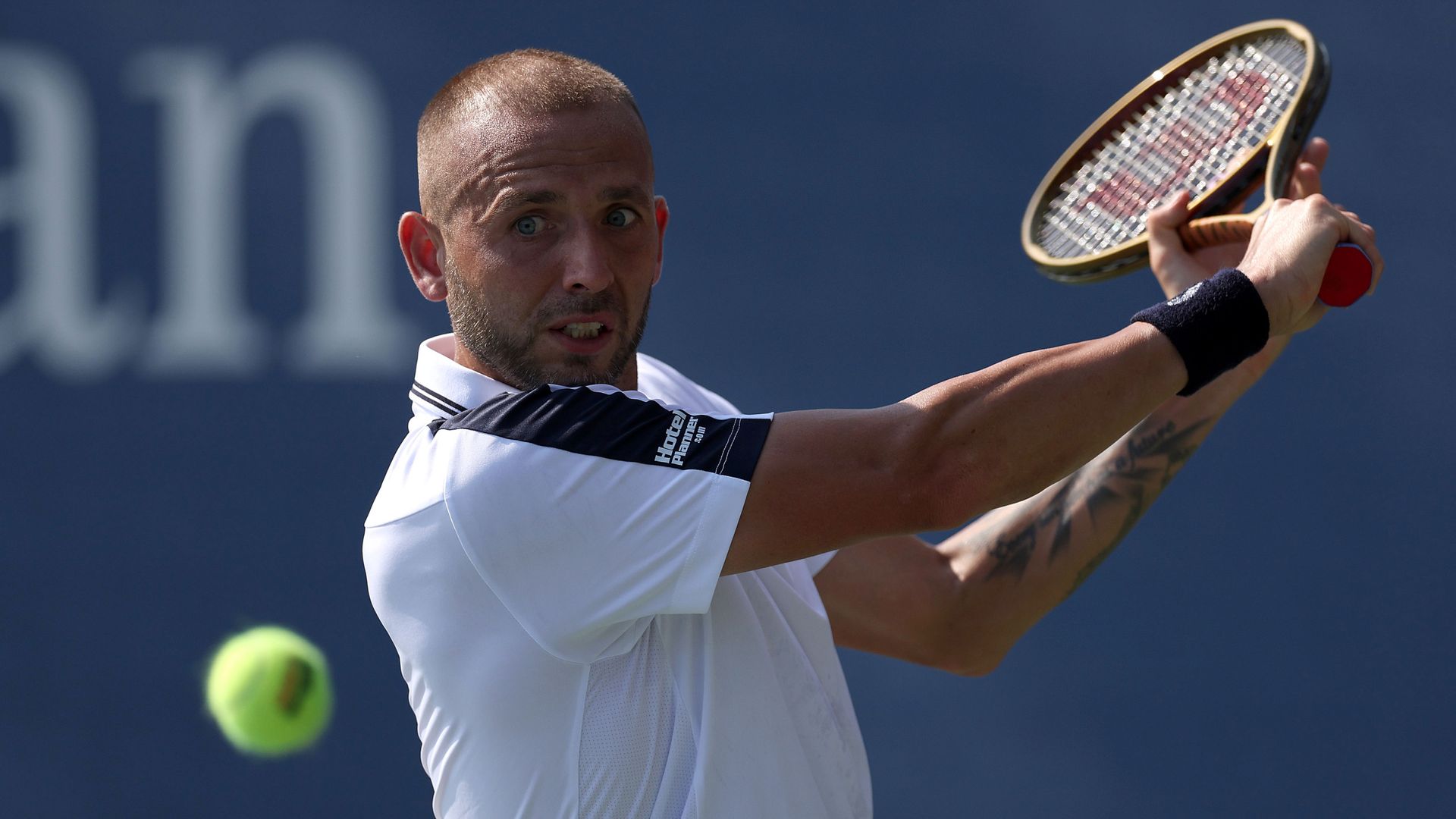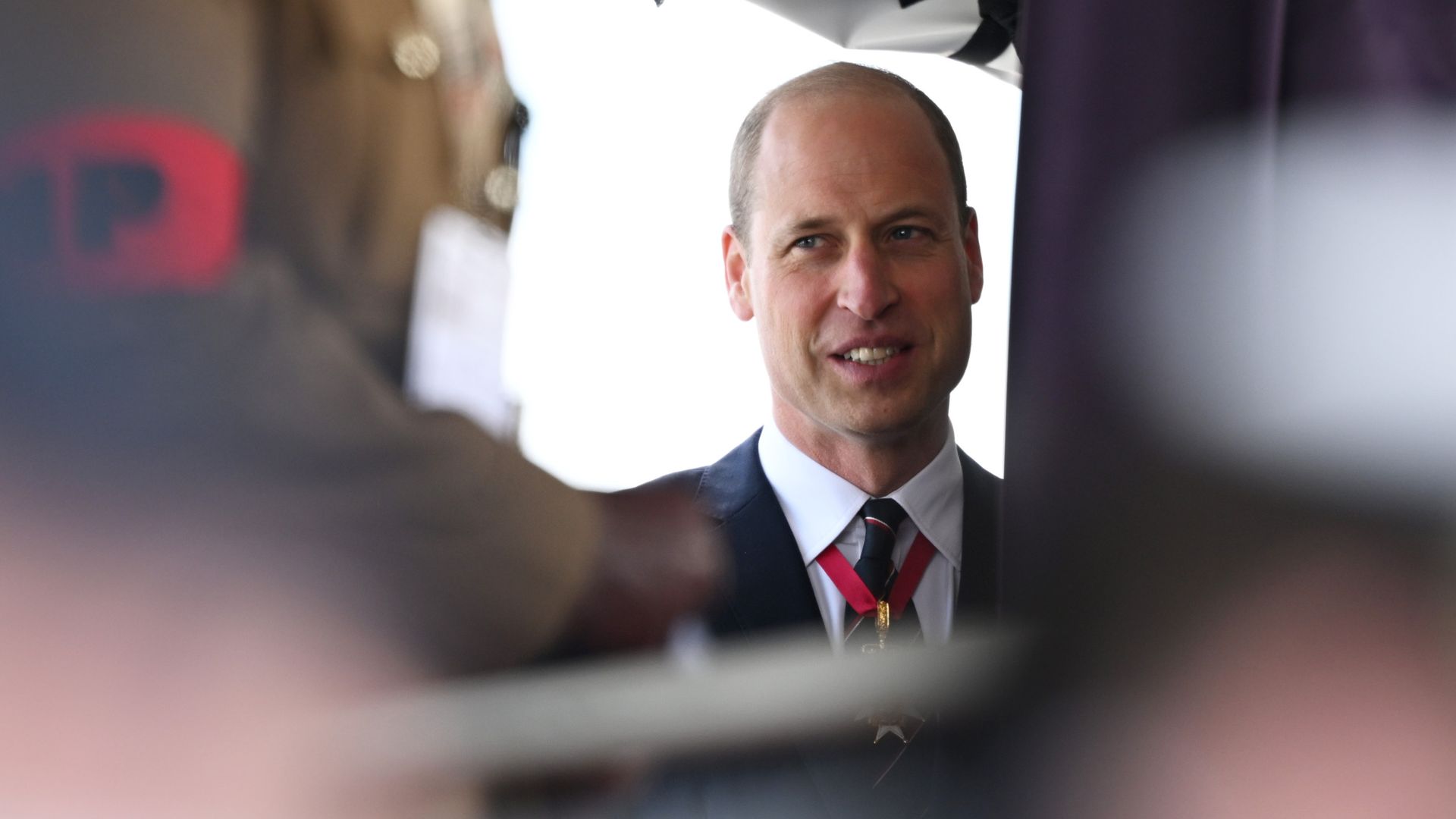Sir Keir Starmer’s chief of staff Sue Gray will not be attending this year’s Labour Party conference amid reports of internal infighting over her pay.
It is understood that the prime minister’s under-fire chief of staff will be working in Downing Street on government business and in preparation for the United Nations General Assembly conference next week.
Ms Gray, whose report in parties at Downing Street during the pandemic contributed to the downfall of Boris Johnson, has found herself at the centre of hostile briefings just as Labour convenes the party faithful for its annual conference in Liverpool.
A row erupted within government on Wednesday when it was claimed Sir Keir’s chief of staff received a pay rise after the general election in July, apparently taking her salary above the prime minister’s. Sir Keir is paid £167,000 annually.
In an apparent attempt to damage her politically, Ms Gray’s salary of £170,000 was leaked to the BBC, which also reported more junior staff were disgruntled they were not being paid more than what they received when Labour was in opposition – despite now occupying more senior government roles.
Politics latest: David Lammy says Labour will tell ‘a new story’ about the UK
The government does not deny the salary level but insists she did not set the level of her salary herself – which is higher than her predecessor.
Angela Rayner promises flagship workers’ law next month as she pledges ‘things can get better’
Education secretary defends £14k donation as ‘declared properly and thoroughly’
Unite union boss Sharon Graham steps up call for Starmer to reverse winter fuel allowance cut
However, this has been challenged by figures familiar with the process. They said successive chiefs of staff who preceded Ms Gray had to agree to recommendations on adviser pay and advise on the decisions made by ministers.
The prime minister has attempted to draw a line under the row engulfing Ms Gray, insisting he was “completely in control” despite the briefings emanating from the centre of government.
Keep up with all the latest news from the UK and around the world by following Sky News
Asked why Ms Gray was getting paid more than him, the prime minister told BBC South East this week: “I’m not going to get into discussions about individual salaries about any members of my staff. I’m sure you wouldn’t expect me to.”
Pressed on whether he had a grip on his team following briefings on the matter, he said: “I’m completely in control. I’m focused and every day the message from me to the team is exactly the same, which is we have to deliver.”
Sir Keir and a number of cabinet ministers have also been subject to negative media briefings regarding the number of gifts and donations they have received.
The prime minister has come under scrutiny over the past week for the more than £100,000 worth of gifts he has accepted, including tickets to football matches, concerts and luxury clothes.
While this had been declared in line with parliamentary rules, backbench MPs have expressed concern that the government’s rhetoric of tough decisions on the economy is jarring with the image of a prime minister accepting freebies.
The register also shows Ms Rayner accepted clothing donations to the value of £2,230.
Read more:
Sue Gray ‘on right pay for job’, says Baroness Harriet Harman
PM warned Labour victory ‘uniquely fragile’ – amid freebie row
The row culminated in Sir Keir, Chancellor Rachel Reeves and Deputy Prime Minister Angela Rayner all saying they would no longer accept donations in the future to pay for clothes in an attempt to move on from the matter.
Meanwhile, Education Secretary Bridget Phillipson defended receiving a donation of £14,000 from a Labour peer embroiled in a freebies row this morning, saying it was “declared properly and thoroughly”.
Please use Chrome browser for a more accessible video player
An article in the Mail on Sunday claimed the minister had used some of the money from Lord Waheed Alli to pay for her 40th birthday party.
Ms Phillipson told Sunday Morning with Trevor Phillips the donation paid for two events in a “professional… work context”, with attendees including representatives from the education sector, trade unions and political journalists.





